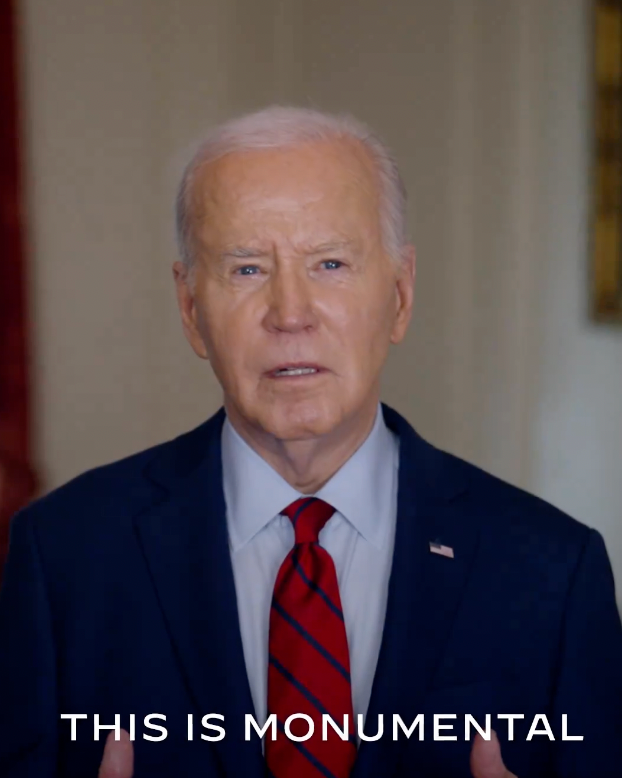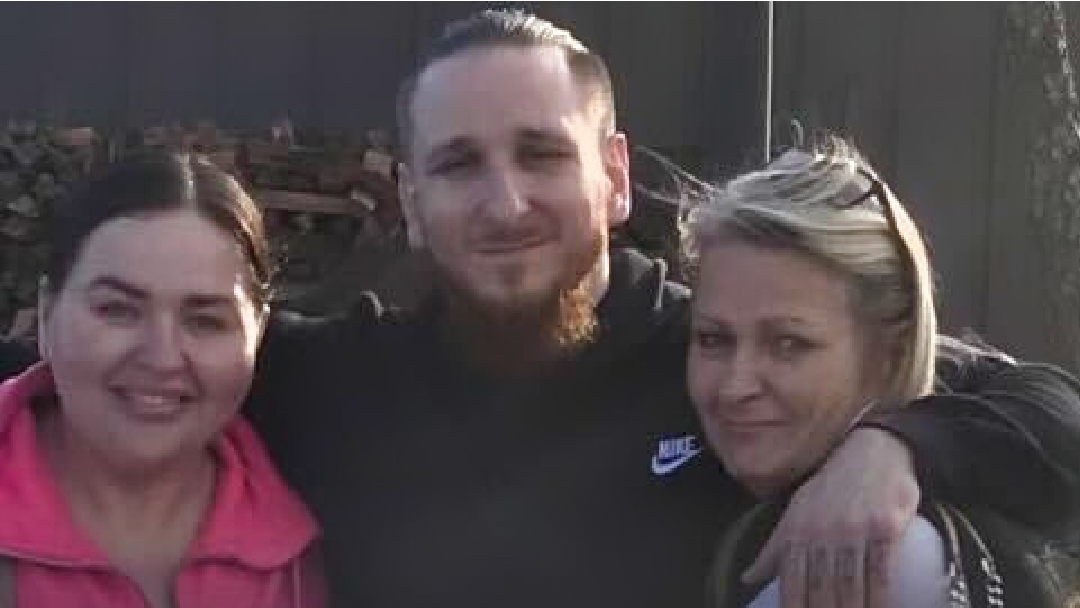Last Prisoner Project Endorses Bipartisan HOPE Act for State Cannabis Conviction Expungements
In a significant development in the realm of cannabis legislation, the Last Prisoner Project has thrown its support behind the bipartisan Harnessing Opportunity by Pursuing Expungement (HOPE) Act. This crucial legislation aims to rectify the injustices caused by cannabis convictions, particularly in states where cannabis has been legalized or decriminalized.
Introduced initially in the House by Congressman Dave Joyce (R-Ohio) and Congresswoman Alexandria Ocasio-Cortez (D-New York) in 2023, the HOPE Act sought to address the pervasive barriers faced by individuals burdened with cannabis-related convictions. Recognizing the urgent need for reform, the Last Prisoner Project endorsed the House version, emphasizing its commitment to advocating for criminal justice reform and equitable opportunities for those impacted by past cannabis convictions.
Fast forward to April 2024, and the HOPE Act takes a new form as Senator Jacky Rosen (D-Nevada) introduces the Senate version. With a focus on expunging cannabis convictions in legalized or decriminalized states, the Senate version of the HOPE Act aims to establish a federal grant program to cover the costs of expungements or sealing records. Senator Rosen's initiative aligns with the goals of the Last Prisoner Project, which seeks to alleviate the burdens faced by individuals with cannabis-related convictions, particularly in states like Nevada.
Stephen Post, Communicatoins Manager at Last Prisoner Project, emphasized the importance of the HOPE Act in providing a second chance to those affected by state-level marijuana possession arrests. "Countless Americans shoulder the enduring weight of a criminal record – often stemming from minor infractions like a marijuana possession or conspiracy charge. This label becomes a barrier to housing, employment, public benefits, and educational opportunities, consigning many to a cycle of poverty," said Post. "These outdated policies impede progress in our communities, affecting us all. The HOPE Act offers a beacon of relief by aiding states in clearing these unjust hurdles, particularly by streamlining the process through automation. We commend Representatives Joyce and Ocasio-Cortez for prioritizing pragmatism over partisanship, and we eagerly anticipate further collaboration to advance this vital reform."
The Last Prisoner Project's endorsement of both the House and Senate versions underscores the organization's unwavering commitment to addressing the injustices perpetuated by cannabis criminalization. We are optimistic that as more states have passed legalization, record expungement will continue to become more commonplace. Our 2023 State of Cannabis Justice Report showed, 24 states have enacted cannabis-specific record clearance laws, and 10 have enacted cannabis-specific resentencing laws. Our work in states throughout the country has shown us the jurisdictions need additional resources to implement these policies even after passing legislation
As the HOPE Act gains momentum in Congress, propelled by bipartisan support and advocacy from organizations like the LPP and efforts like our recent 420 Unity Day of Action, there is renewed support for individuals burdened by past cannabis convictions. With each endorsement, the call for comprehensive cannabis reform grows louder, signaling a step closer towards justice, equity, and redemption for all.



The Last Prisoner Project. All rights reserved.
Last Prisoner Project is a 501(c)(3) tax-exempt organization with EIN 83-4502829. Mailing address: 1312 17th St #640 Denver, CO 80202. Our governing documents and conflicts of interest policy can be found here. Our Privacy Policy can be found here.
Website built on KUSHY



